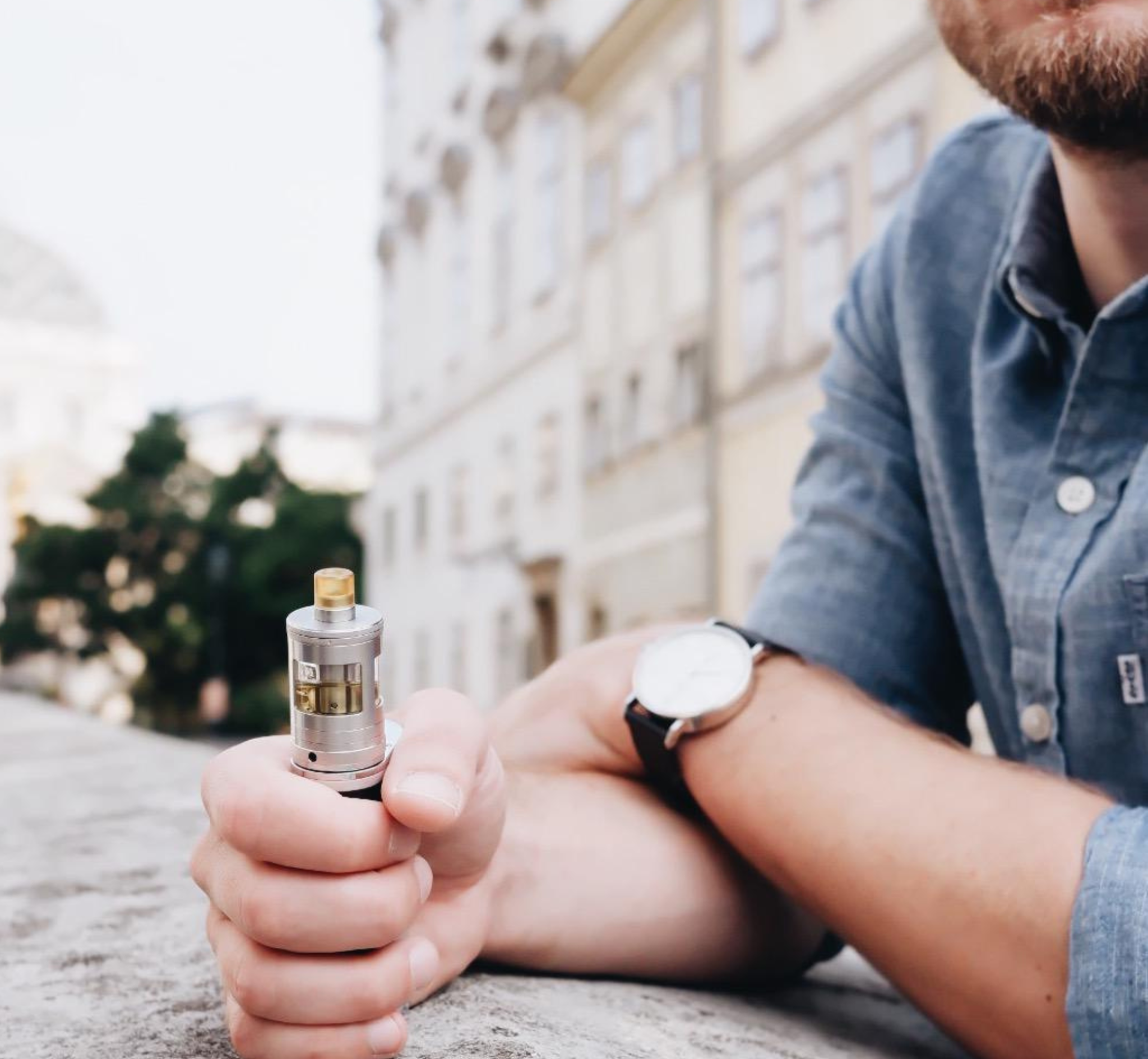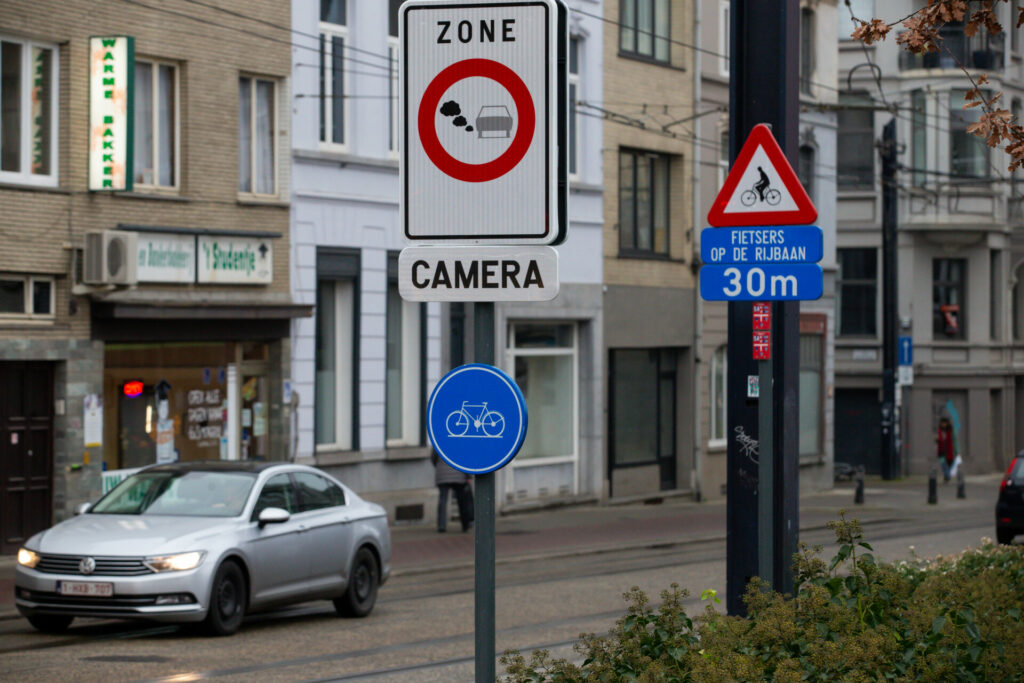British research sheds new light on how air pollution is closely linked to lung cancer. Though it has long been established that poor air quality is a major factor for those that suffer from lung cancer, exactly how influential it can be was not entirely clear.
Polluted air is full of tiny particles that affect the DNA of cells in our body, causing mutations in the genetic code. If a cell accumulates too many mutations, it develops into a cancer cell.
Yet it turns out that mutations alone are not only responsible for provoking cancer, researcher Charles Swanton explains: "Everyone develops mutations, it's just part of the ageing process. But our research shows that you need a second step in the process: an inflammatory reaction which activates the mutated cells."
That is exactly what happens when we breathe in particulate matter, or fine dust particles, which are about as thick as one-thirtieth of a stand of hair. These particles are everywhere, mainly as a result of combustion engines as found in industrial processes and in traffic. When inhaled, small inflammations occur that awaken the mutated cells in our body. Just as a flame is needed to ignite gas.
Particle matter in our air
"In recent years, Flanders has succeeded in reducing particulate matter from 20 to 15 micrograms per cubic metre," said environmental epidemiologist Tom Nawrot (UHasselt). A big improvement, but still far above the WHO ceiling, which is a maximum of 5 micrograms per cubic metre.
"It will be very difficult for an area like Flanders to drop below that. It would be good if we reached 10. You used to have to put your hand in front of your mouth at the bus stop, because the bus left a dark cloud of black smoke behind. Today, our internal combustion engines are a lot cleaner but the truth is that we have to evolve towards a society that burns less."
Related News
- Air quality in Flanders worse than Wallonia
- Belgium leads fight against car pollution with extra particle filter check
"These particles are silent killers," Swanton continues. "Almost the entire world population is exposed to fine dust, which is responsible for an estimated 8 to 9 million deaths per year – more than tobacco. It also causes all sorts of heart disease, dementia, diabetes and so on. Yet we never talk about it. Our research is a clear indication that we urgently need to reduce the amount of particulate matter in our air." Some ways to do this can be to purchase electric cars, or to limit the need for driving altogether, among other things.

Credit: World Vapers Alliance | The researcher has major questions about the risk of vaping.
The tobacco industry claims that vaping is a healthier alternative to smoking. Tobacco damages the cells in the lung tissue. This does not happen with vaping because no tobacco is used. "But these mutations also occur naturally. And it's quite possible that vaping, like air pollution, triggers the inflammatory response that leads to cancer cells growing. In that case, vaping is not nearly as harmless."
According to Healthy Belgium, in 2018 4.1% of the population were regular users of e-cigarettes, higher than the EU-15 average.

